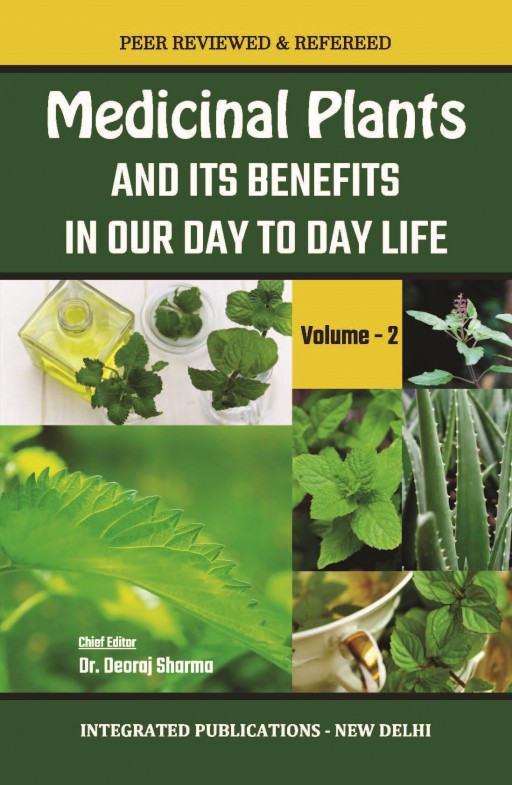Tobacco isn't famous for its health benefits. But now scientists have succeeded in using genetically modified tobacco plants to produce medicines for several autoimmune and inflammatory diseases, including diabetes. Tobacco is the most widely used plant for expressing transgenes from various organisms, because it is easy to grow and transform, provides a large amount of fresh tissue and has a complete cell culture system. Currently, many bacterial proteins involved in the synthesis of commercial products are designed for production in tobacco. Bacterial enzymes synthesized in tobacco can improve protection against abiotic stress and disease, and provide a system for testing applied strategies, such as phytoremediation. Examples of bacterial gene expression in tobacco include the production of antigenic proteins from various human bacterial pathogens such as vaccines, and bacterial proteins used to enhance resistance to insects, pathogens, and herbicides. This review focuses on the production of transgenic tobacco and it’s various uses in a broad spectrum.
Copyright information
© Integrated Publications.

